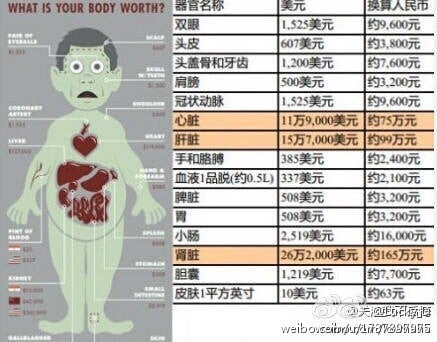Apple is delaying the release of the iPhone 6 in the country where it needs it the most
When the supersized iPhone 6 and iPhone 6 Plus go on sale in just over a week in 10 countries around the globe, one will be missing: China, the world’s biggest smartphone market, home to hundreds of millions of consumers who love the kind of plus-sized phones that Apple is now selling. According to Apple’s release plans, the new iPhone will be released in Hong Kong on Sept 19, along with the US, Australia, Japan, and other countries, but won’t go on sale in mainland China until sometime later this year.


When the supersized iPhone 6 and iPhone 6 Plus go on sale in just over a week in 10 countries around the globe, one will be missing: China, the world’s biggest smartphone market, home to hundreds of millions of consumers who love the kind of plus-sized phones that Apple is now selling. According to Apple’s release plans, the new iPhone will be released in Hong Kong on Sept 19, along with the US, Australia, Japan, and other countries, but won’t go on sale in mainland China until sometime later this year.
It’s an odd move given that last year Apple launched the iPhone 5 in China and the US almost simultaneously. Apple’s position in China is also far from secure: its market share is only about 7%—half of that of domestic handset maker Xiaomi and well behind Samsung. Apple has also been under attack by Chinese state media, which is acutely sensitive to Chinese users being treated unfairly.
One explanation is that rumored supply-chain difficulties may have limited the supply of Apple’s new phones, and the company made a strategic decision to delay its roll-out there—ironic given that the phone is assembled in China in the first place.

Regardless of the release timing, Chinese users did not give the new iPhones many rave reviews. On Weibo, new iPhone 6 was a top discussion thread today, garnering over 1.65 million comments and forwards, with many bloggers complaining about the price and specifications. “Too expensive. Might as well buy Samsung,” one said.
Internet users sarcastically circulated a chart purportedly showing the market prices for selling one’s organ on the black market—in 2011 a teenage boy sold his kidney for money to buy an iPad and an iPhone. And shops on Alibaba’s e-commerce site, Taobao, have only received a trickle of pre-orders for the phone. “You won’t believe [the cold reception for the iPhone 6] if you compare it to the fever of their previous release,” an online shop manager told the South China Morning Post.
A longer wait for the iPhone as well as the iPhones that will be bought and smuggled in from across the border in Hong Kong could help drum up enthusiasm again. (Restricting supply is a technique that Apple’s rival Xiaomi has used.)
But amping up demand via scarcity might not help with users who say they’re underwhelmed by the supposedly slimmer and wider-screen phone. ”Garbage. Not buying it,” one blogger wrote. Another said, “Three words: Still. Too. Thick!”